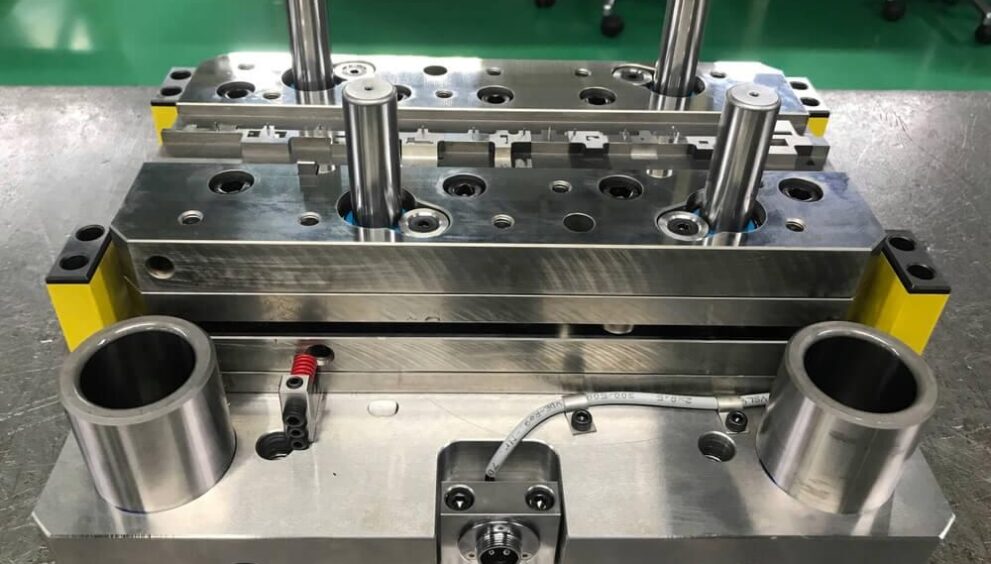How to choose Quality Materials for Precision Metal Stamping

Today, most industries medical, automotive, consumer electronics, or even agriculture require equipment that needs precision metal parts. The growing advances in metal fabrication technology have enabled design flexibility and implementation of metal parts with tight tolerances.
Therefore, techniques like precision metal stamping have gained immense popularity. You can easily look for “metal stamping company near me” on google to find the nearest metal stamping facility with precision metal stamping capability.
What is Precision Metal Stamping?
Precision metal stamping is a metal stamping process that uses stamping presses and dies that are specifically designed for metal parts that have complex designs.
The accuracy in design for these metal parts is imperative to ensure they cater to the application in the desired manner.
Metal stamping is a metal fabrication process that uses cold forming and cutting.
The process utilizes machinery like presses and dies, that are capable of punching, notching, embossing, trimming, etc.
Why should you go for Precision Metal Stamping?
Precision stamping is one of the most efficient metal fabrication techniques when it comes to the production of medium and small precision parts.
Here’s why:
- Cost-efficient Production: For bulk production requirements, the labor costs are reasonable. Nowadays, automation-induced processes like progressive dies require minimal labor and maximum technical efficiency.
- Consistent Quality and Accuracy: The major advantage of choosing precision metal stamping is that it ensures that the final parts are the same as the customer design requirements.
Considerations When Choosing Materials for Precision Metal Stamping Techniques
If you want to maximize the benefits of precision stamping techniques, the first step is to choose quality materials. The materials, be it for the tools or working sheet must be capable of ensuring precision in the final product. Precision is vital as it ensures that the metal parts are close to the design specifications. This way, there will be less wastage and more optimum utilization of resources such that the final product’s functionality is guaranteed.
The physical and chemical characteristics and behaviors of the materials used for precision stamping also play a key role in defining the quality of the final product. Different metals react differently during the stamping process, where these are exposed to compressive forces of high grade.
Therefore, when choosing materials for precision metal stamping, consider the following factors:
- Material Properties: Consider the desired mechanical properties, such as strength, ductility, and corrosion resistance.
- Compatibility with the Stamping Process: The material should be compatible with the stamping process, including the tooling and lubrication used.
- Surface Finish Requirements: The material should achieve the desired surface finish, such as a smooth or polished finish.
- Cost: The material should be cost-effective for the application.
- Lead Time and Availability: The material should be readily available and have a short lead time to minimize production delays.
- Sustainability: The material should be environmentally friendly and sustainable.
The best way to ensure high-quality metal parts is to search for “precision metal stamping manufacturers near me”.
These companies like Eigen engineering have in-house experts who make the best decision and ensure the materials are suitable for the intended application.


 English
English 


